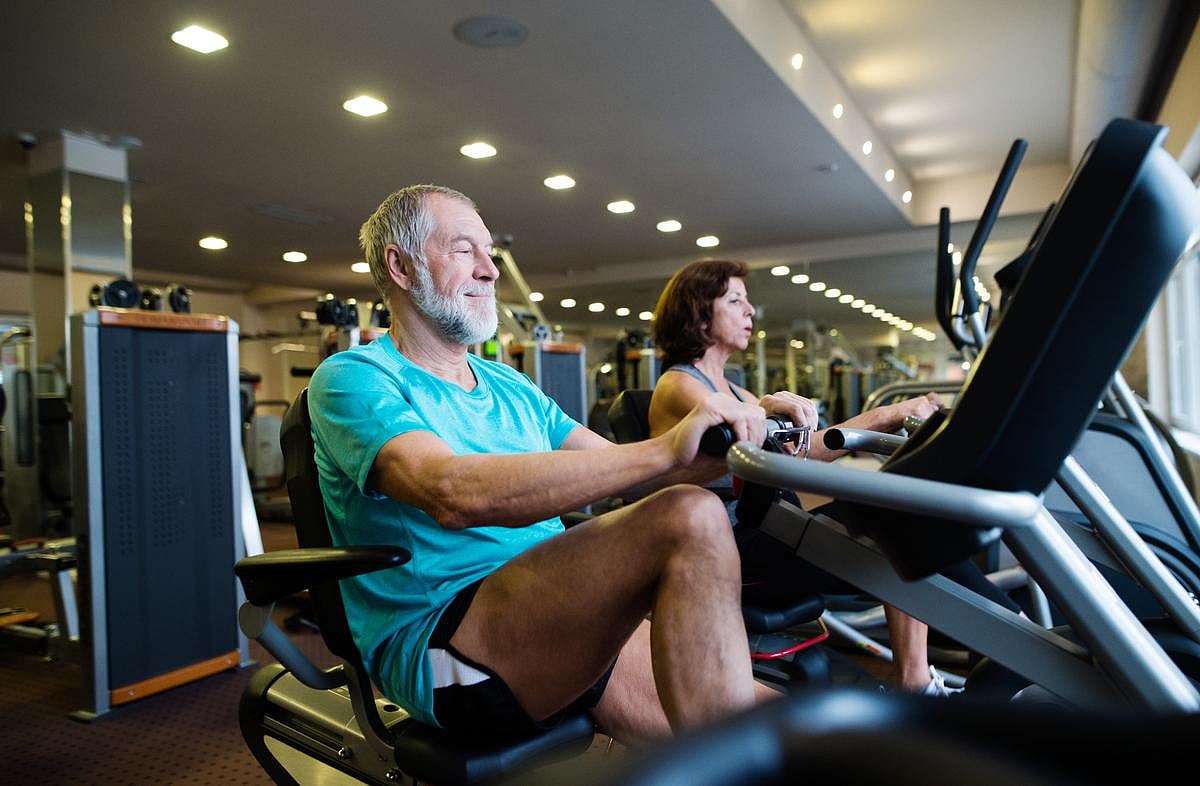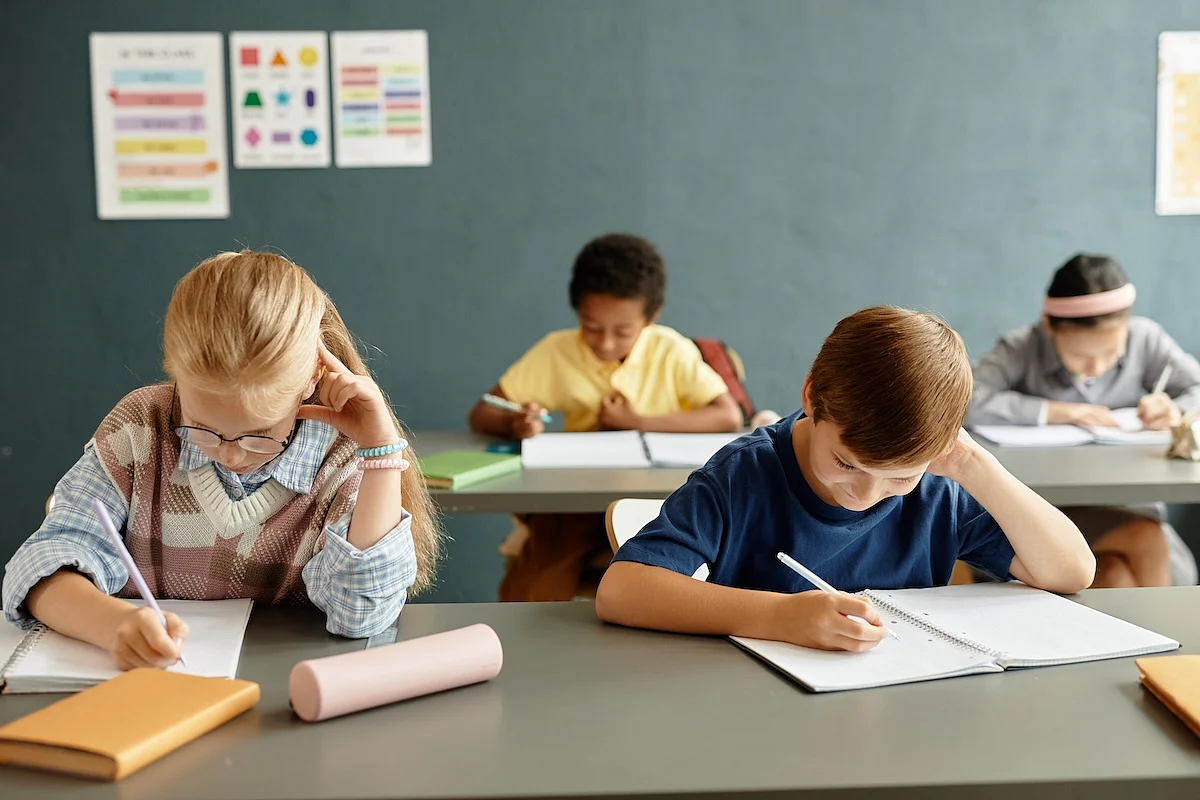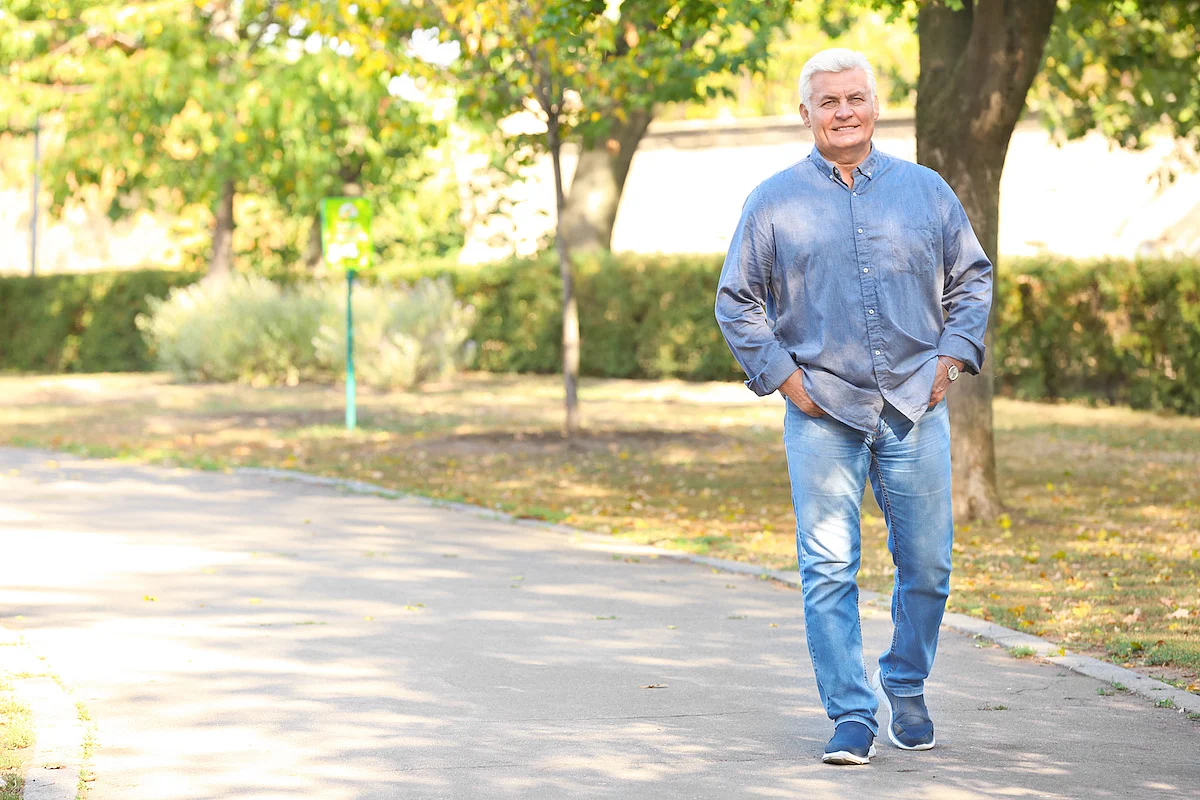
Middle-aged folks who don’t exercise are putting themselves at risk of life-threatening complex heartbeat irregularities, a new study says. Adults 40 to 65 with low fitness levels had a 52% increased risk for irregular heartbeat disorders, also known as arrhythmias, according to findings presented Wednesday at the European Society of Cardiology’s annual meeting in Madrid.… read on > read on >






























